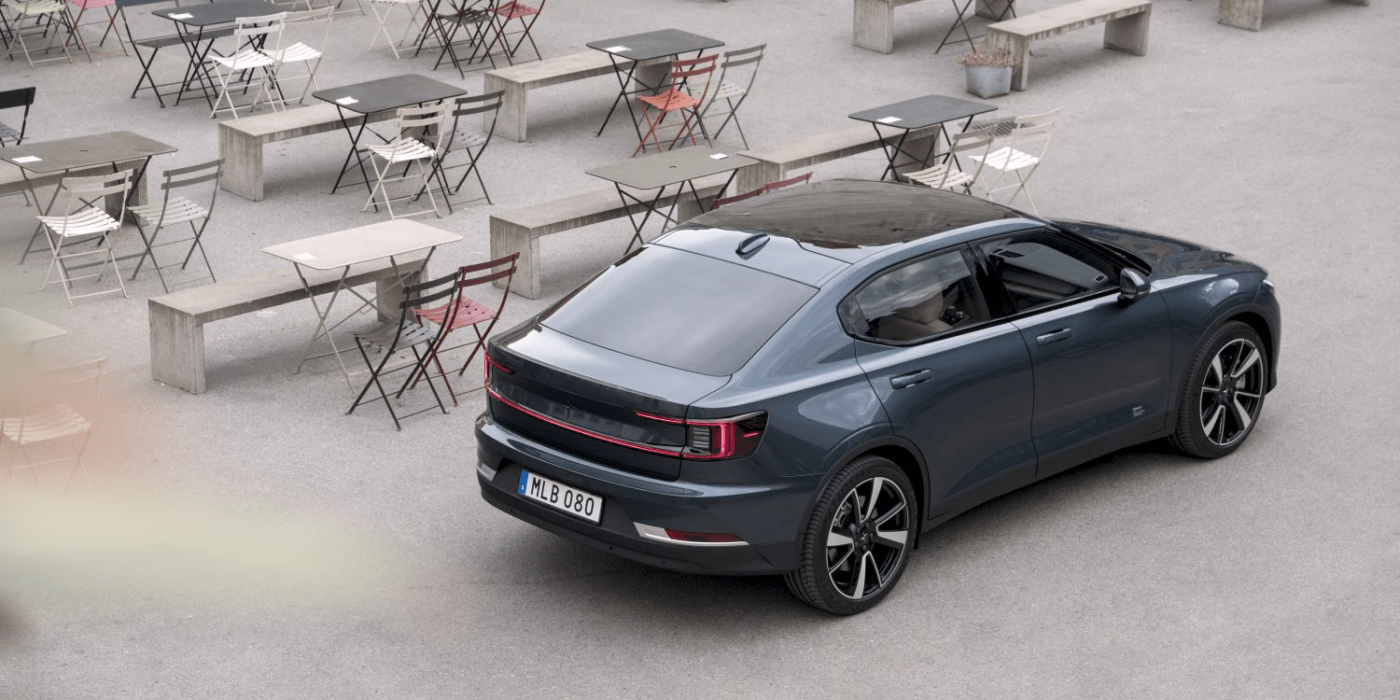Polestar to track CO2 throughout supply chain
Polestar has entered into a strategic partnership with blockchain provider Circulor. One element of the partnership is the tracking of CO2 equivalents through the supply chain. This is intended to help achieve Polestar’s goal of building a carbon-neutral car by 2030.
Circulor helps companies set up more sustainable supply chains and works with blockchain technology to track materials. This also helps ensure that the materials used to make batteries come from the exact mines or recycling facilities that have been selected for them, Polestar said.
Blockchain technology is already being used in Polestar 2 to ensure the traceability of cobalt in its batteries. Another part of the partnership is the tracking of CO2 equivalents , called CO2e. With this, Polestar wants to be able to show its customers the emissions that have been generated per plant as part of the production process, as well as the emissions that have been taken on by suppliers through the supply chain.
For the process, a “digital twin” is created for the raw material and the material is then tracked through the supply chain – in this way, it should also be possible to record the path “like a red thread” across different work steps. Generic emissions data from databases are also linked for CO2 tracking.
“For Polestar, caring about ethics and the environment is a key concern,” says Polestar CEO Thomas Ingenlath. “This unprecedented level of tracking means Polestar is promoting sustainable and ethical practices in its supply chain and providing greater transparency to consumers.”
The “lofty goal” is to be able to trace the supply chains of all raw materials, Polestar says. For now, however, the focus is on raw materials “where environmental or human rights risks have been identified”.
Last year, Polestar’s parent brand Volvo Cars invested in Circulor.





0 Comments